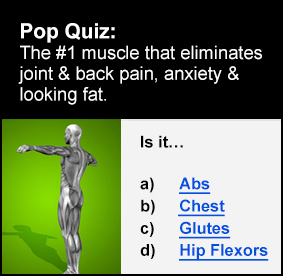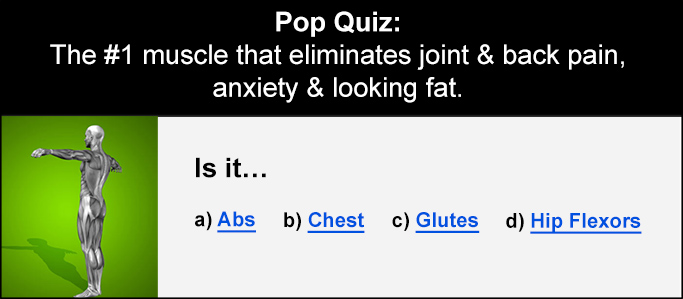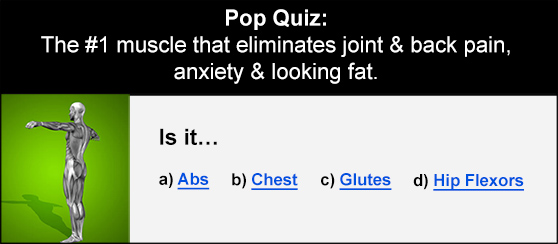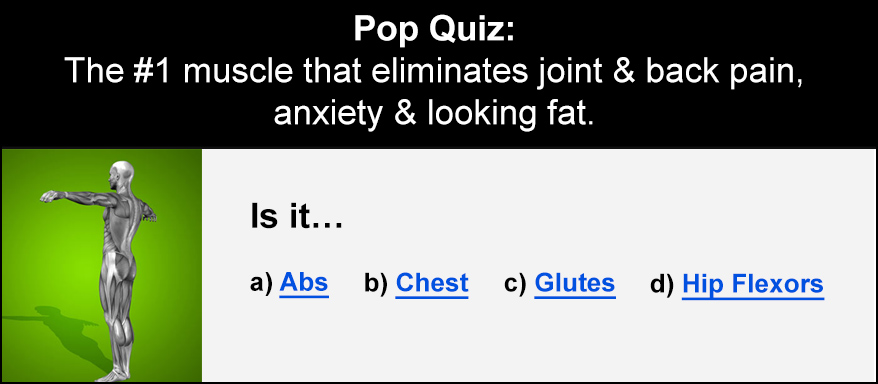Are you tired of hopping from one diet plan to another, hoping to find the magic solution for shedding those stubborn extra pounds? Well, you’re not alone. In the sea of weight loss advice out there, it’s easy to get lost and confused. But there’s one crucial secret that all successful weight loss journeys have in common.
It’s not some fancy new diet trend or expensive supplements. It’s something much simpler yet incredibly powerful. Continue reading to uncover the secret to unlocking your objectives for shedding pounds and attaining a state of improved well-being and contentment.
What is a Calorie Deficit?
A calorie deficit happens when you eat fewer calories than your body burns. This imbalance makes your body use stored fat for energy, leading to weight loss. It’s a basic concept in losing weight[1] and involves eating less than your body needs to maintain its current weight.
I know it’s a lot of science, but…
Visualize your body as a piggy bank and calories as the coins you put in. When you eat, it’s like depositing coins into your piggy bank. When you move or exercise, it’s like withdrawing coins. A calorie deficit occurs when you withdraw more coins than you deposit.
Just as saving money lightens your piggy bank, a calorie deficit aids in weight loss by prompting your body to use stored fat. So, to shed pounds, you must ensure you’re withdrawing more coins than you’re depositing.

The Science Behind the Role of Calorie Deficit
The science behind the role of calorie deficit is pretty simple. It’s all about balancing the calories you eat and the calories your body uses. You establish a calorie deficit when you consume fewer calories than your body requires. This deficit tells your body to use stored fat for energy, leading to weight loss. It’s like tapping into your savings when you need extra money.
This idea follows the laws of thermodynamics: energy can’t magically appear or disappear; it just changes form. So, to lose weight, you need to burn more energy than you take in. But remember, everyone’s body is different, so how much weight you lose and how fast can vary. It’s also important to be careful not to make your role of calorie deficit too big or keep it going for too long, as this could cause problems.
Incorporating Calorie Deficit In Any Diet Plans
Incorporating a calorie deficit into any diet plan is crucial for effective weight loss. Regardless of the specific diet approach, such as low-carb, Keto, Mediterranean, or intermittent fasting, creating a calorie deficit is fundamental. You can integrate a calorie deficit role into your dietary regimen by:
1. Calculate calorie needs
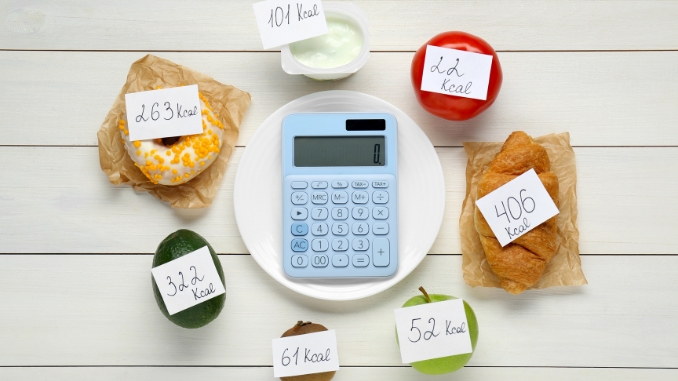
Find out how much food your body needs every day. Age, gender, weight, height, and activity level affect this. You can utilize an online tool or consult a doctor to assist you in solving the issue.
2. Set calorie goals
Flexibility in deciding how many calories you should eat to manage your weight is key. Typically, it’s slightly less than what you need to maintain your current weight. Starting with a reduction of 500-750 calories per day is a good guideline, but remember, it’s not set in stone.
3. Choose nutrient-dense foods
Choose foods with lots of good stuff, like vitamins, minerals, and fiber, but not too many calories. Fruits, veggies, lean meats, whole grains, and healthy fats are good choices.
4. Monitor portion sizes
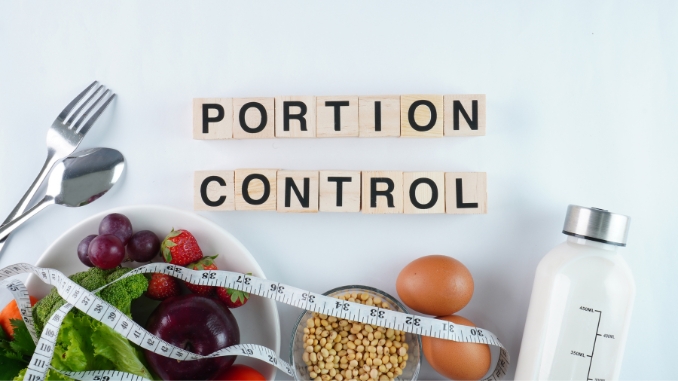
Watch how much food you eat to keep track of calories. Use measuring cups or your hand to judge portions. Big servings can add up to too many calories.
5. Focus on balance
Eat different kinds of foods from all the food groups. This will give you all the vitamins and minerals necessary for maintaining health and make meals more interesting!
6. Prioritize protein
Eat enough protein. Chicken, fish, beans, and yogurt are good sources. Protein helps keep your muscles strong while you’re losing weight.
7. Plan meals and snacks
Think about what you’ll eat before you get hungry. This will help you in selecting healthier foods and avoid junk food. Cooking ahead or packing snacks can also help you stick to your plan.
Common Misconceptions About Calorie Deficit
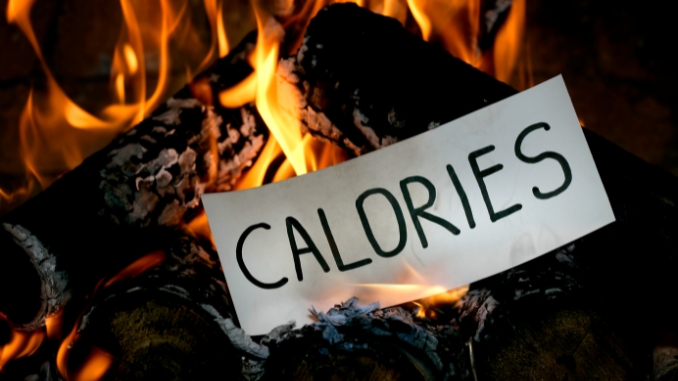
Here are some common misunderstandings about calorie deficit explained with simpler words:
1. Skipping Meals Helps You Lose Weight Faster
Skipping meals, especially breakfast, can speed up weight loss by reducing overall calorie intake. However, skipping meals often leads to overeating[2] later in the day and can disrupt metabolism, making it harder to maintain a calorie deficit consistently.
2. Calorie Deficit Always Leads to Weight Loss
While eating fewer calories is crucial for losing weight, it doesn’t always guarantee success. Factors like your body’s unique metabolism and how accurately you count calories[3] can also affect your weight loss journey.
3. Calorie Deficit Means You’ll Always Feel Hungry
Many worry that cutting calories will leave them feeling hungry all the time. But choosing filling foods like veggies and protein can help keep you full. Plus, planning your meals ahead of time and eating mindfully can also help manage hunger while still losing weight.
4. You Can’t Enjoy Your Favorite Foods While in a Calorie Deficit
Many assume that achieving a calorie deficit means entirely giving up their favorite foods. However, it’s possible to include treats in moderation while maintaining a calorie deficit by balancing them with nutrient-dense foods and practicing portion control.
These misconceptions highlight common misunderstandings about calorie deficit and weight loss, underscoring the importance of education and accurate information in achieving sustainable results.
Conclusion
Incorporating a calorie deficit into any diet plan is crucial for effective weight loss[4]. It’s not about hopping from one trendy diet to another or relying on expensive supplements. Instead, the key lies in creating a calorie deficit—eating fewer calories than your body burns.
This prompts your body to use stored fat for energy, leading to gradual weight loss. By understanding the science behind calorie deficit and dispelling common misconceptions, you can achieve sustainable results and embark on a journey towards a healthier, happier you.
Reference
1. Cleveland Clinic (2022)
https://health.clevelandclinic.org/calorie-deficit
2. Harvard Medical School (2020)
https://doi.org/10.1016/j.physbeh.2014.05.005
3. Mayo Clinic Staff (2022)
https://www.health.harvard.edu/staying-healthy/stop-counting-calories
4. McCrory, M.A. (2014)
https://www.mayoclinic.org/healthy-lifestyle/weight-loss/in-depth/metabolism/art-20046508


